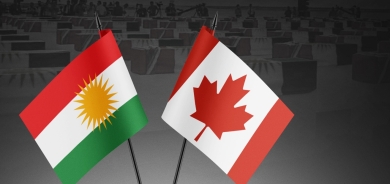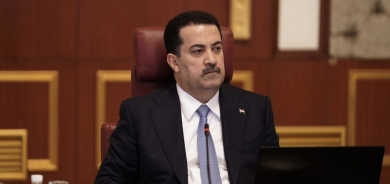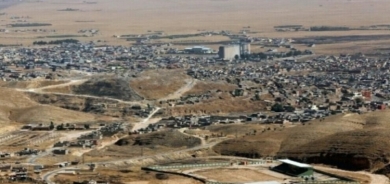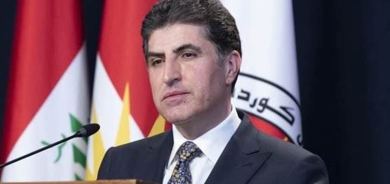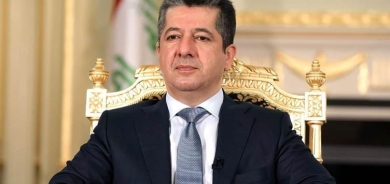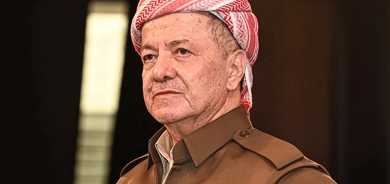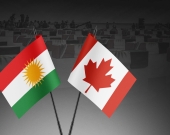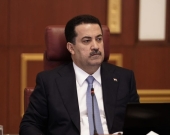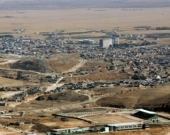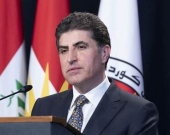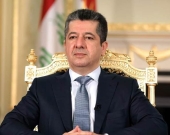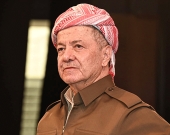Stockholm hosts third Scientific World Kurdish Congress

The congress, which has previously been held in the Netherlands and in Kurdistan Region, was opened by journalist and writer Carol Prunhuber who was a member of the organising committee. Falah Mustafa, the Head of the Department of Foreign Relations of the Kurdistan Regional Government, made a keynote speech welcoming the participants to the conference.
Minister Mustafa acknowledged the important role of the Kurdish diaspora in supporting the work of Kurdish institutions and of the KRG and in creating business, educational and cultural links. He said the KRG is committed to having strong ties with the Kurdish diaspora and that the Prime Minister supports the WKC’s aim of involving the community abroad with the development of Kurdistan.
Minister Mustafa said, 'We hope that we will be able, through these types of congresses, to gather all the talents and all the skills that have been scattered across the world because of our tragic history, so that we can put them all together to benefit our nation.'
The three-day event included speeches by Fredrik Malm, member of the Swedish Parliament and chair of the Kurdish Swedish Parliamentary Group, Alan Dilani, president of the WKC, as well as Serwan Baban, Minister of Agriculture and Water Resources, who spoke during a session on agriculture and water, highlighting how the diaspora can help improve this and other sectors. Professor Baban had lived in Europe and Australia before returning to Kurdistan some years ago.
Mr Malm noted the way Kurdistan is now viewed in Sweden and Scandinavia. He said, 'In the northern part of Europe, Kurdistan is becoming more and more important for us, geopolitically and economically.'
There were also sessions on healthcare, the economy and natural resources, higher education, and democracy and power-sharing, as well as some cultural events. Kurds and non-Kurds from across the world participated in the conference and many papers were submitted for debate. The conference ended with a discussion on the structure and future direction of the Scientific World Congress.
During this discussion, Minister Mustafa congratulated the WKC on its achievements in the three years since it began and encouraged it to take the next step by setting out clear, ambitious goals, to restructure its organisation, to have a message of unity, to use social media and other means to attract more members of the Kurdish community abroad, and to contribute papers that can be used to advise the KRG on topical issues such as federalism, the disputed territories and reform of key institutions.
He concluded by urging a message of unity and optimism. 'Let's believe in the glass being half full. We all have a common purpose and that is to contribute to and to serve Kurdistan.'

